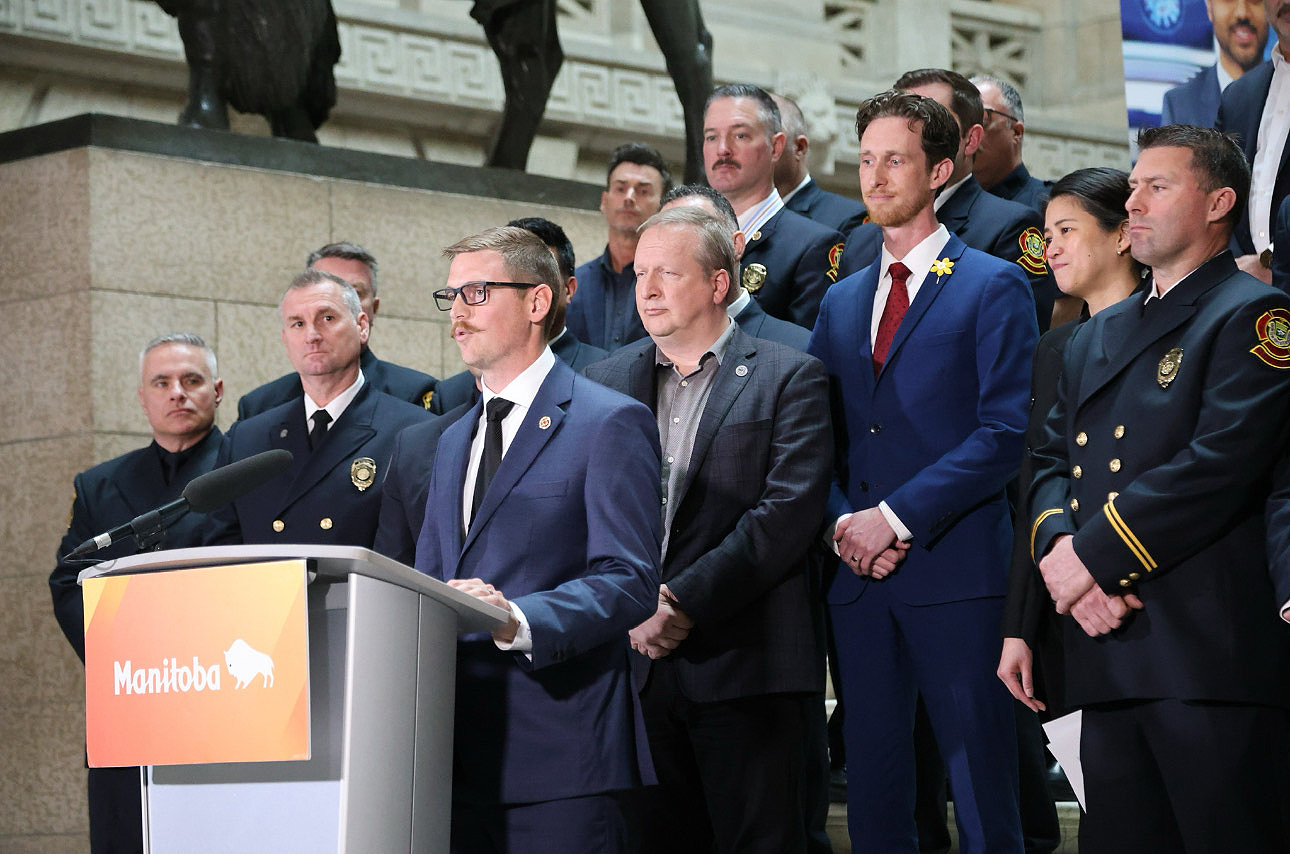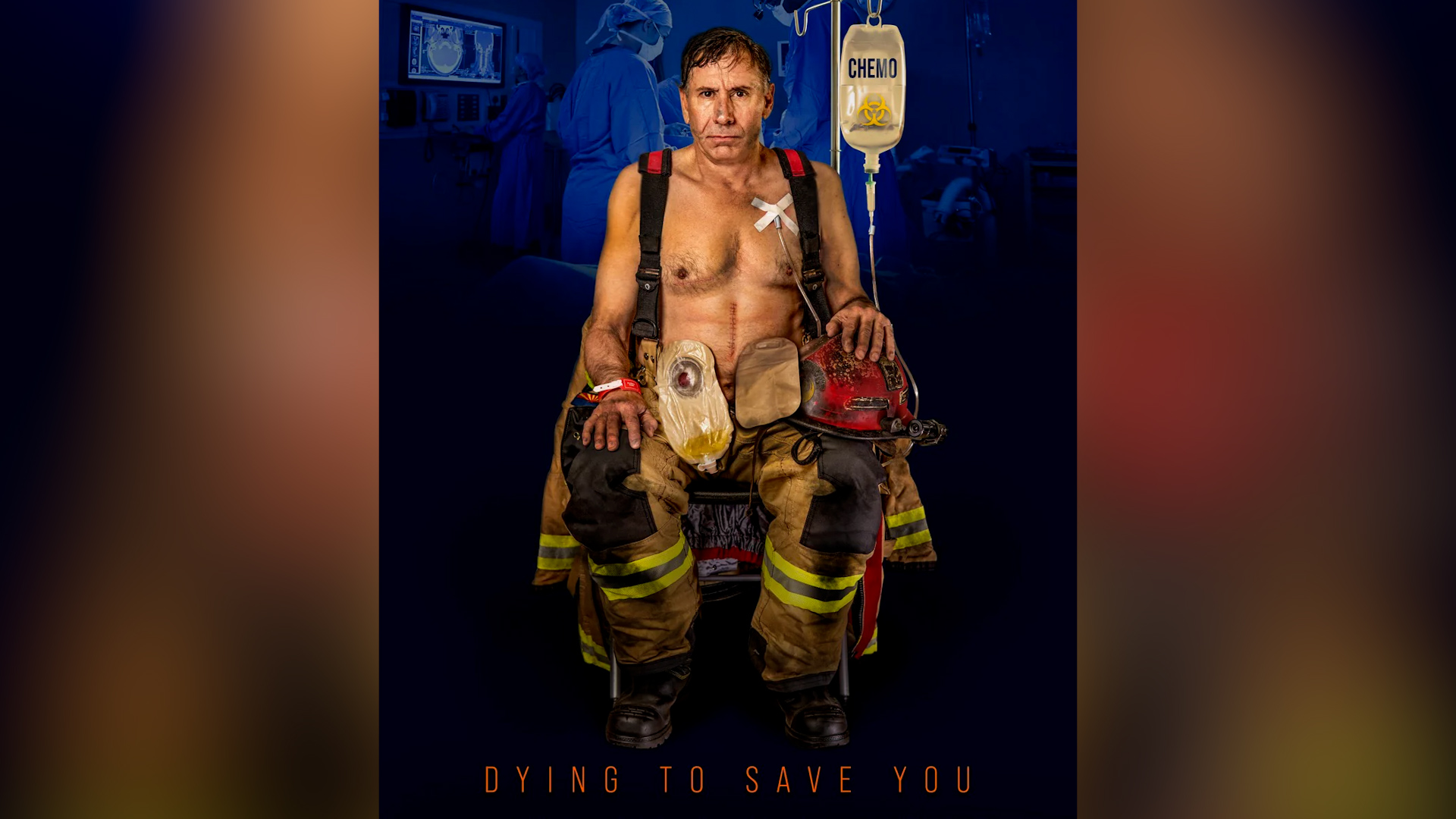Legislation to ensure continuous funding for medical treatment of first responders with 9/11-related cancers and respiratory illnesses is building bipartisan support, driven by IAFF efforts.
The World Trade Center Health Program (WTCHP) was established as a federal program by the James Zadroga 9/11 Health and Compensation Act of 2010. It was extended in 2015. The bill’s namesake died of a respiratory disease attributed to his participation in the Sept. 11 rescue and recovery efforts at the World Trade Center site.
“We mean it when we say Always Remember, Never Forget. The IAFF is committed to that promise for our members and their families,” General President Edward Kelly said. “That means ensuring those who responded to the World Trade Center on Sept. 11 – and in the days and weeks that followed – have access to the critical healthcare they need.
“Too many members have been made sick by their work at Ground Zero,” he said. “Congress must do the right thing by passing this legislation for the fire fighters and other first responders who bravely answered the call.”
Rising healthcare costs are outpacing program funding, so the IAFF and other supporters of the WTCHP regularly must lobby Congress to prevent shortfalls. Without intervention, another shortfall is expected by 2028.
The newly introduced 9/11 Responder and Survivor Health Funding Correction Act of 2023, if enacted, would provide permanent and mandatory funding for the program. It also would update an outdated funding formula to prevent a future shortfall, ensuring survivors and first responders don’t lose access to care.
“For the thousands who are currently suffering from illnesses related to the toxins they were exposed to as they responded to the sites of the terrorist attacks, the WTCHP must continue,” 1st District Vice President James Slevin said. “We also cannot rule out new cases. Cancer, in particular, can have a latency period of 20-plus years. They deserve proper medical treatment as well. We want to keep as many names off the walls of the Fallen Fire Fighter Memorial as possible.”
More than 130,000 first responders with 9/11-related illnesses in all 50 states currently benefit from the program. New York has the most beneficiaries.
“On Sept. 11, 2001, the FDNY lost 343 fire fighters. In the 23 years that have followed, we have lost another 370 and counting due to the toxins we were exposed to during the cleanup.” Uniformed Firefighters Association of Greater New York Local 94 President Andrew Ansbro said. “At least two or three more are lost each and every month. Congress must continue to fund this program, which provides critical health care for so many that risked their lives at Ground Zero.”
Although the program is authorized until 2090, Congress has had to vote several times to approve additional funding.
The re-funding battles have not been easy. In 2015, 2017, 2019, and 2023, IAFF members and other responders successfully lobbied Congress to secure extra funding.
“The tragic loss of 9/11 did not end on that day. Toxic exposures sustained during the rescue and recovery have claimed an additional 370 members of this department,” Uniformed Fire Officers Association Local 854 President Jim Brosi said. “We cannot undo the toxic exposure of 9/11, but we must provide access to high-quality healthcare that will allow those individuals the greatest likelihood of survival.”
The corrective legislation also will provide funding increases to support ongoing research into 9/11-connected health conditions, including various cancers, respiratory disease, and behavioral health concerns.
IAFF members can contact their members of Congress and urge them to support the legislation via the IAFF Action Center.



